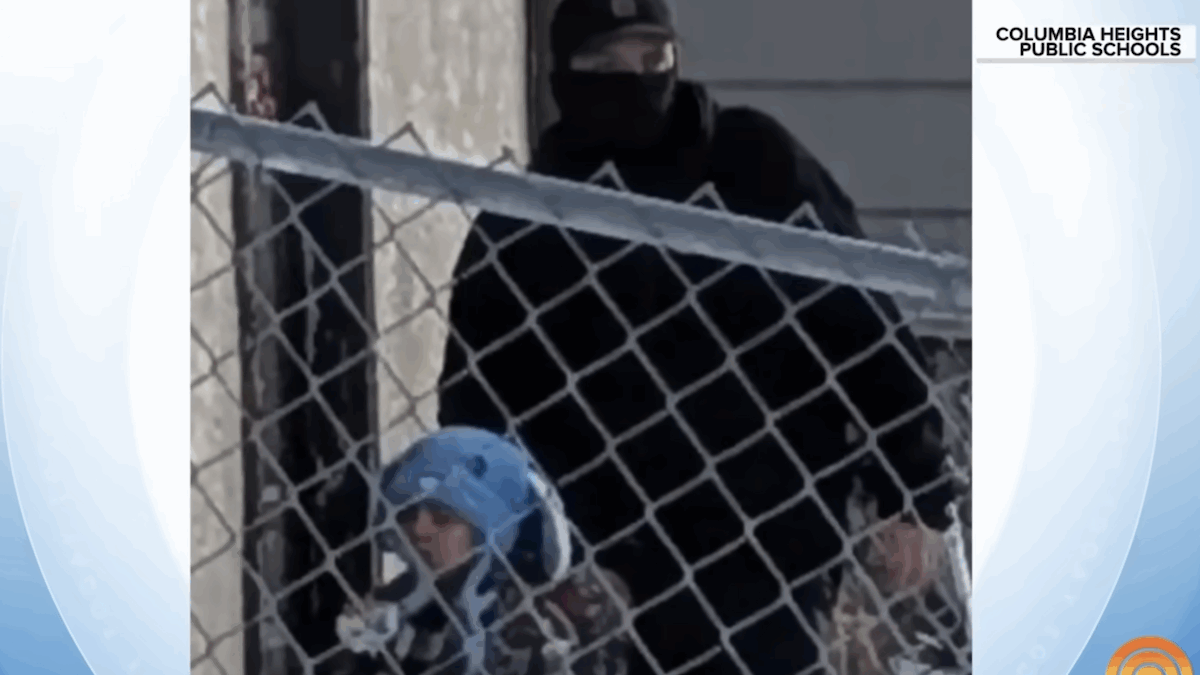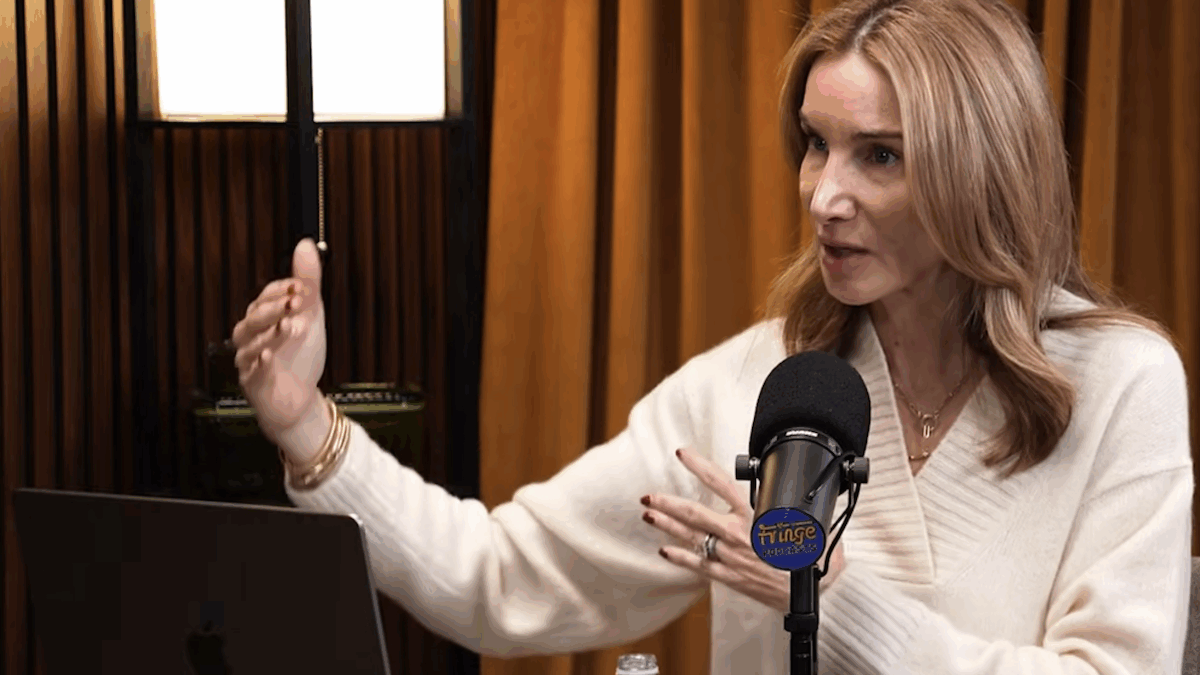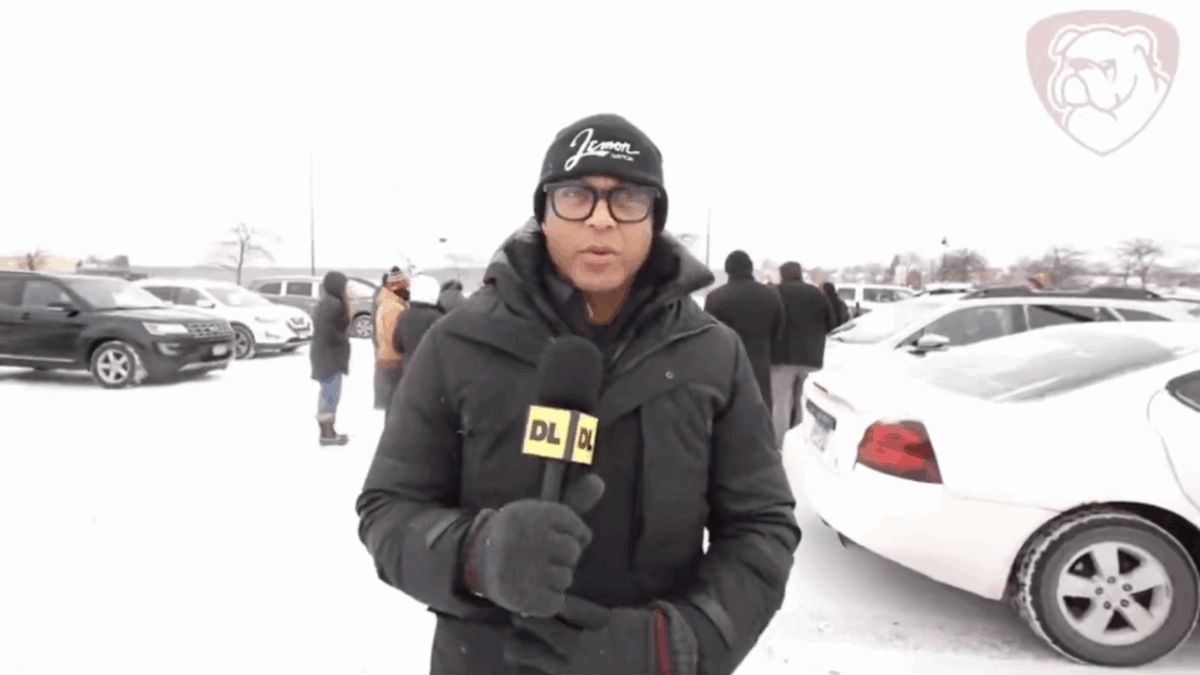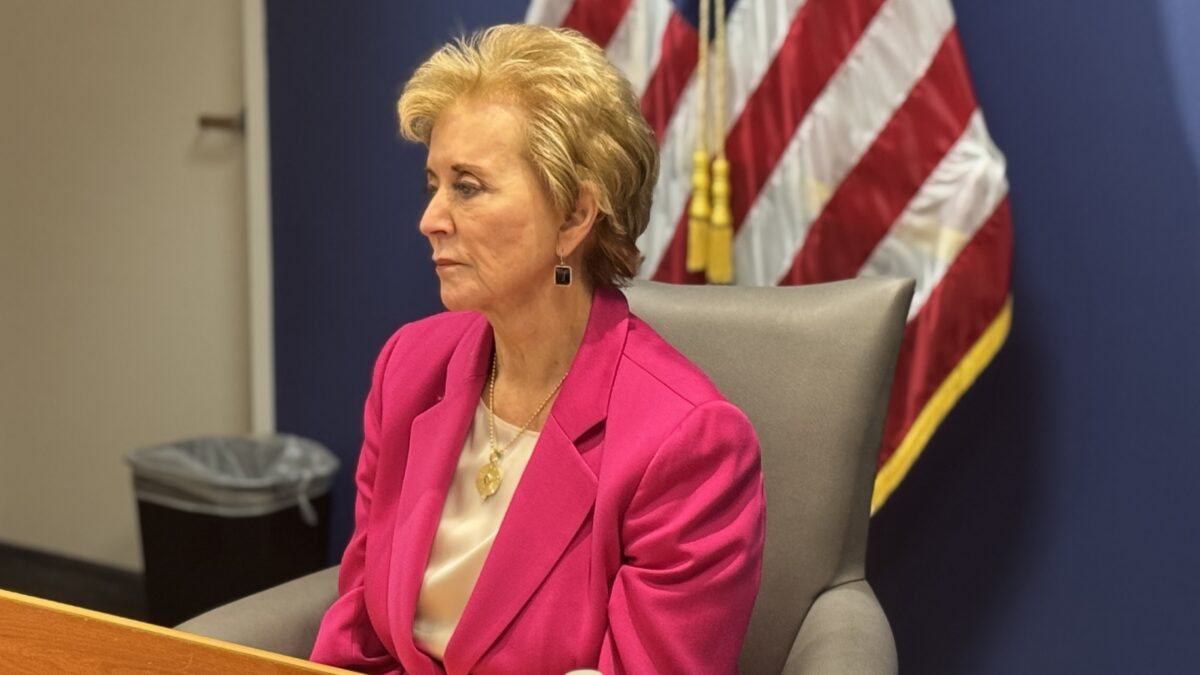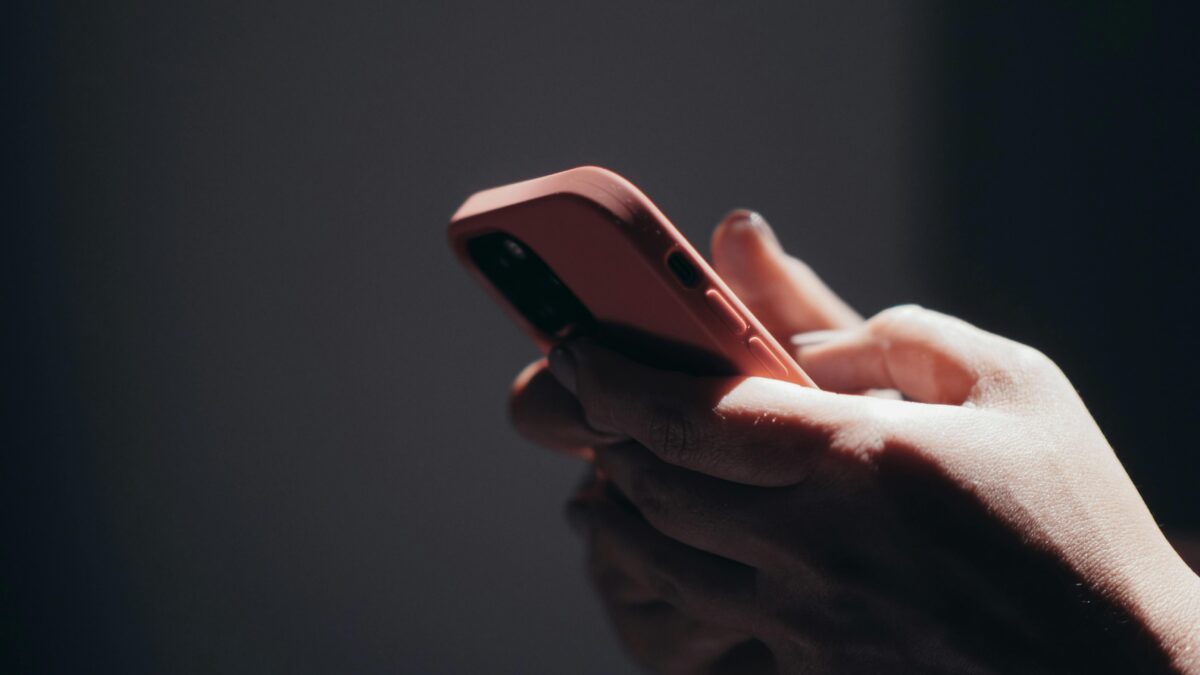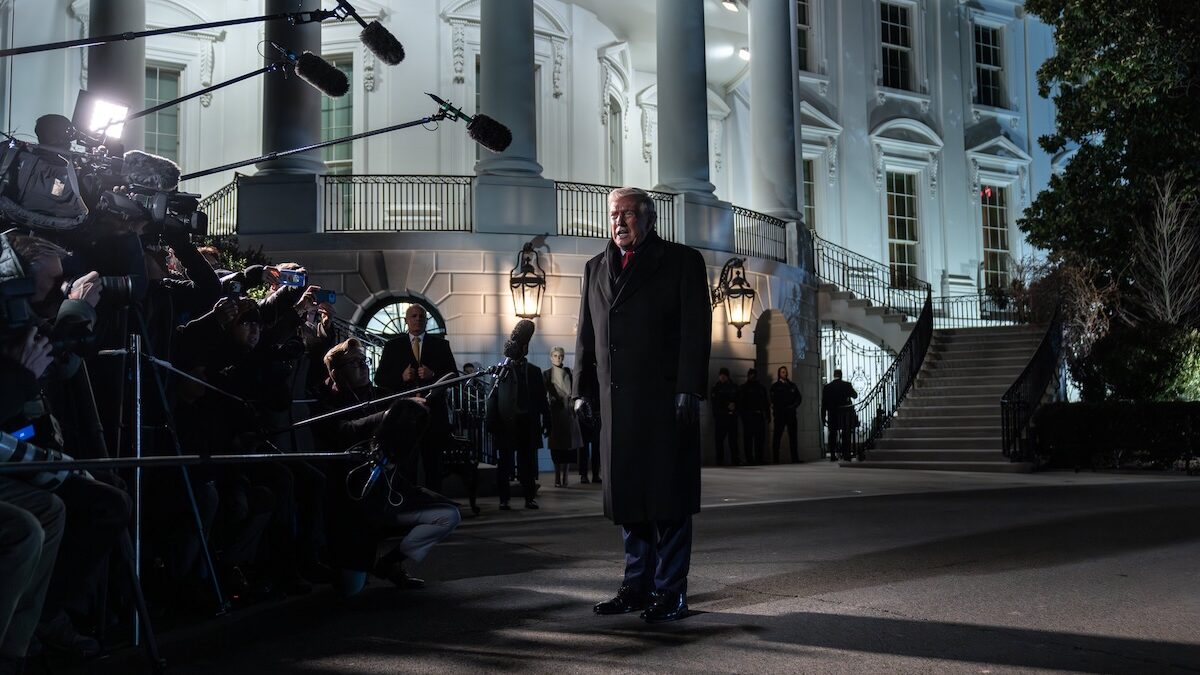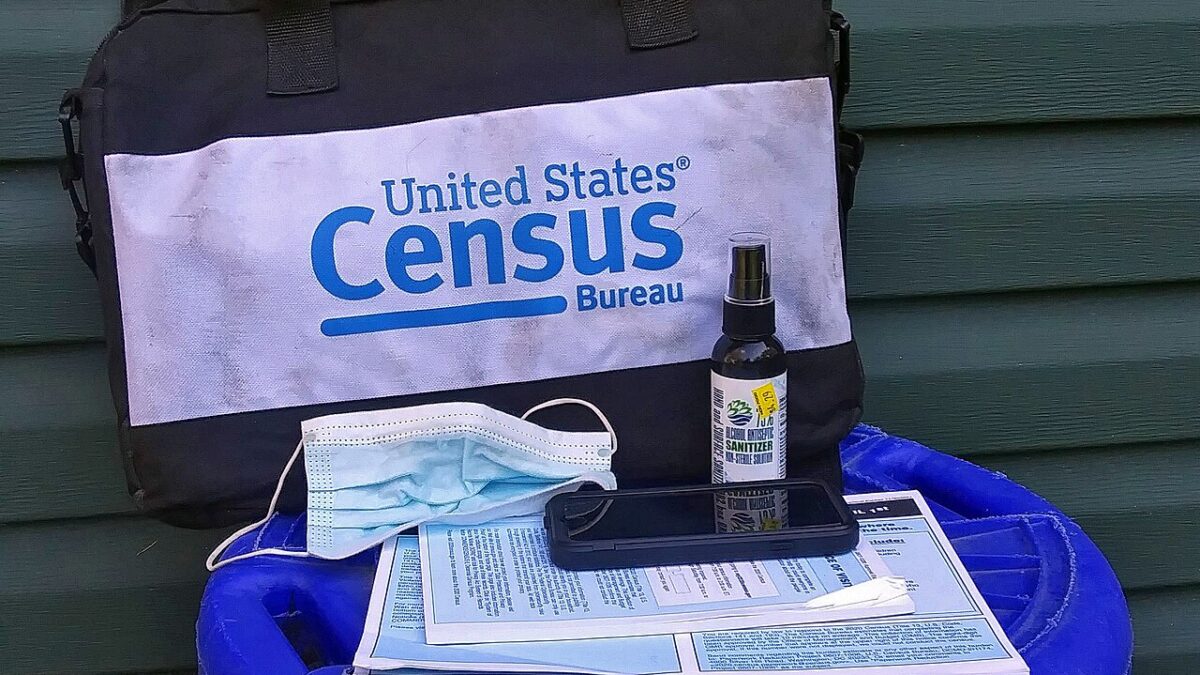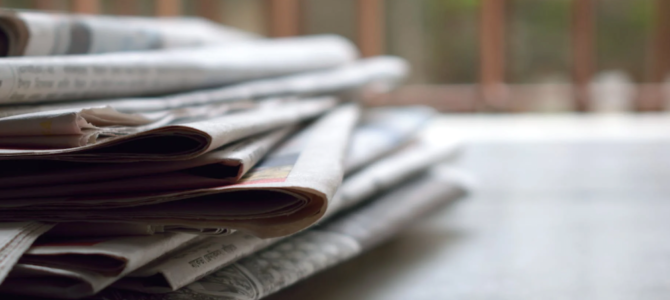
South Bend, Ind., the Midwestern city best known as home to the University of Notre Dame, might be nestled between cornfields, but it certainly isn’t insulated from the extremes of politics. We produced the leftist presidential candidate Mayor Pete Buttigieg and recently sent Amy Coney Barrett to Washington in hopes of solidifying the Supreme Court’s conservative majority. We have our own Black Lives Matter chapter, and even our own fake news.
Like much of the United States, South Bend has a mask mandate. That, too, happened for political reasons. As our Republican governor was getting ready to slowly reopen the state in May after lockdowns, the left-leaning local health department retaliated with a mask order. This was a rather extreme decision for little old South Bend. At that time, masks were not yet a statewide requirement, which the governor later ordered and has continued to re-impose despite his own attorney general’s legal opinion that the governor lacks the authority to keep doing so.
Our local newspaper, the South Bend Tribune, has been thrilled with the mask order. Since the rule came out, the paper has used its editorial page to promote it, featuring at least three newspaper editorials on the subject, either praising the masks or pushing for a law that would fine the maskless. Even the local health department got a column published, bragging about its implementation of the mask order. The paper also featured several guest editorials on the subject, all in favor of masks, from a doctor, an epidemiologist, and a group of county council members.
The local epidemiologist explained: “The government isn’t infringing on your rights when it orders you to wear a face mask. It’s actually the people around you who refuse to wear a mask who are infringing on your rights to health and safety.” The county council members, quoting the local health officer, told us that by stalling on a local bill to fine businesses not complying with the mask order, we would be killing people. “Bottom line is more people are going to die than should die, and it’s as a consequence of them tabling the order.”
In the same time frame, I twice attempted to submit articles critical of the mask order. The first time came in July, after the governor implemented his statewide order. My article questioned the effectiveness of masks, and the paper rejected it. The opinion editor told me over the phone that the newspaper had decided it would not run articles that questioned the view of some health authorities that masks work. Apparently, questioning authority is no longer part of a reporter’s job description.
As the South Bend Tribune continued to whine into October that our county had failed to pass fines on local businesses that violated the mask order, I thought it was time to try getting a different article in the paper. One reason the issue is controversial, I explained in my second opinion piece, was that the government was trying to punish people even though masks had not brought cases down in our county. I added that even presidential coronavirus adviser Dr. Scott Atlas was censored on Twitter for saying masks didn’t work all over the world. Again, the paper refused to publish my perspective, which many people share.
The paper’s executive editor, Alan Achkar, told me in an email: “[W]e’re not publishing pieces that say the science behind masks is unsettled or that masks are not effective. We believe that issue has been decided by health officials and scientists of all levels.” Therefore, the part of my article dealing with mask effectiveness was, as he said, “problematic.”
Plenty of doctors and health experts are questioning the validity of masks, but, of course, they will not get much airplay. The World Health Organization itself says widespread use of masks by healthy people is not supported by high quality or direct evidence.
A Danish study — important research because it was the first larger randomized controlled study on mask effectiveness specifically for COVID-19 — has not been able to find a publisher. Some suspect this is because its findings do not support the mask-up message that health authorities are pushing.
As we know, any questioning of the prevailing Wuhan virus policy is suspect. The scientifically credentialed authors of the Great Barrington Declaration, who write that lockdowns are more dangerous than COVID-19 for most people and that people need to go back to normal life, say that Google at one point “shadow banned” them.
Unfortunately, South Bend Tribune readers will never know the whole story about why our mask fine bill has been held up because our newspaper will never tell them. In that way, the news can more effectively shape policy. Fake news is not limited to CNN and the New York Times, and censorship isn’t just on Facebook and Twitter. What is happening in the big cities has filtered down to the towns in the cornfields, too.



